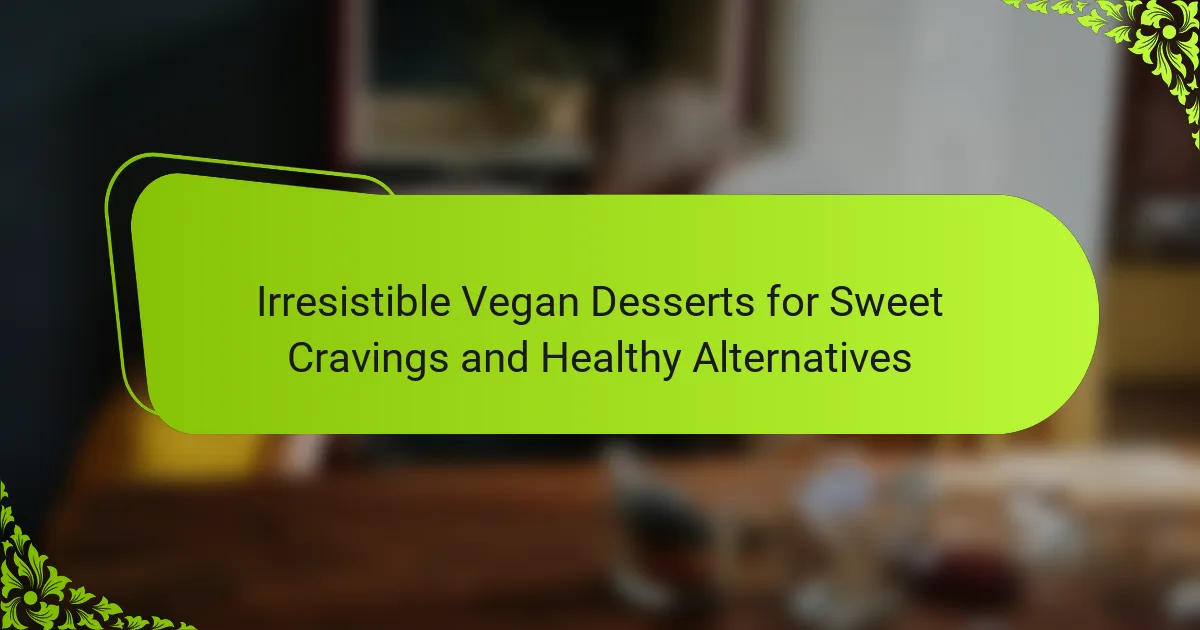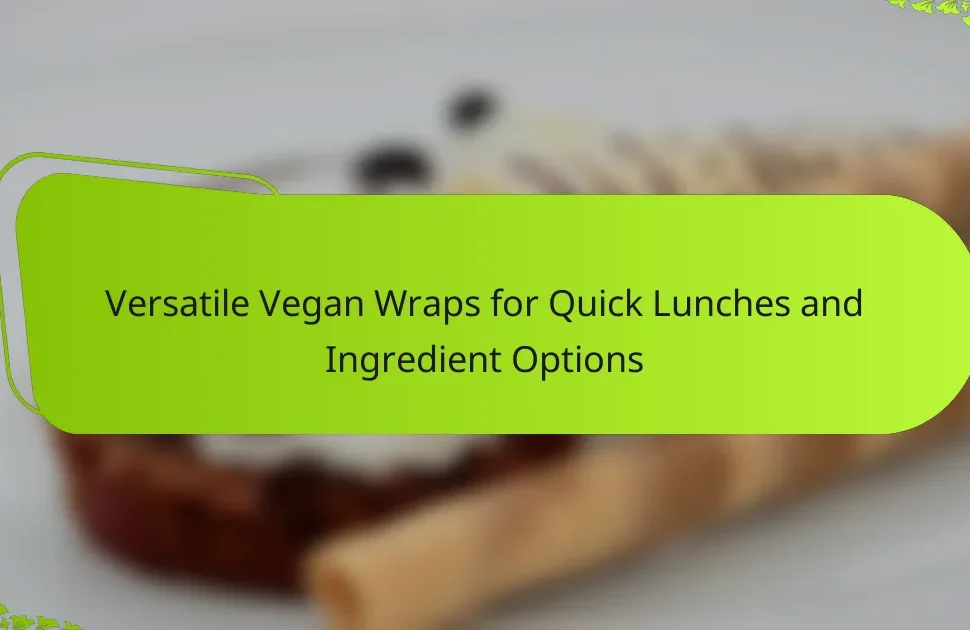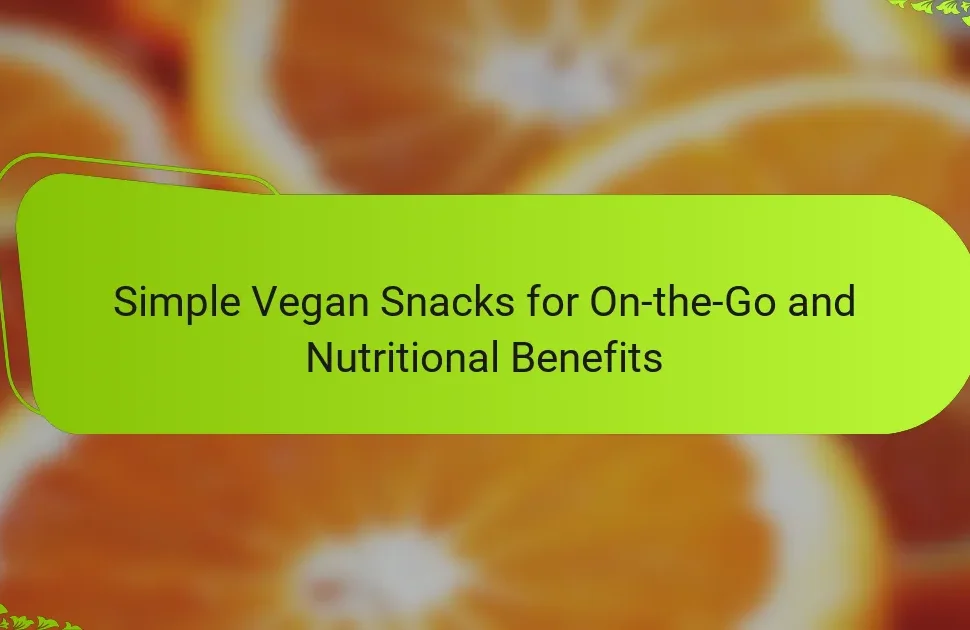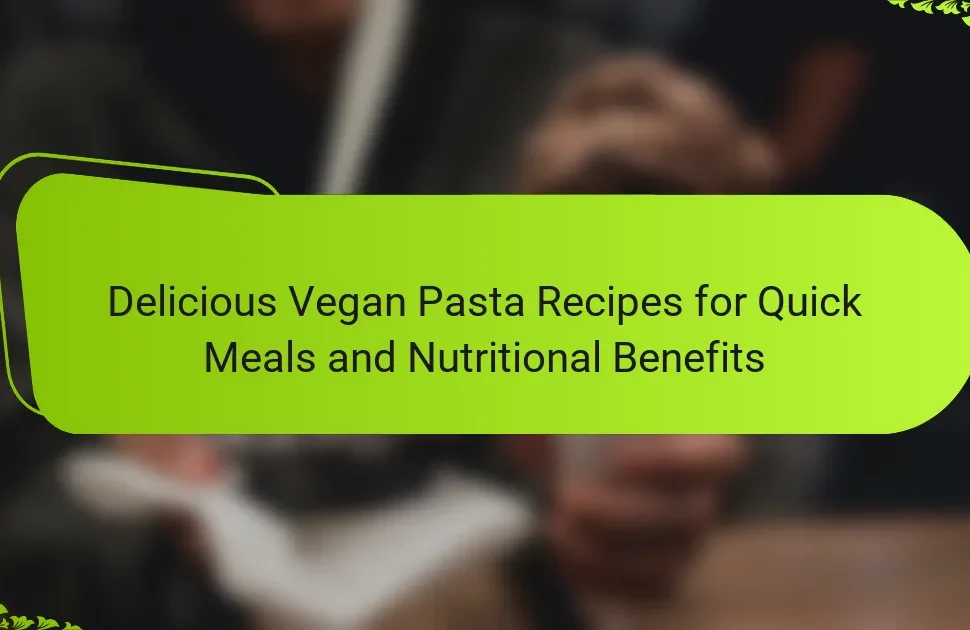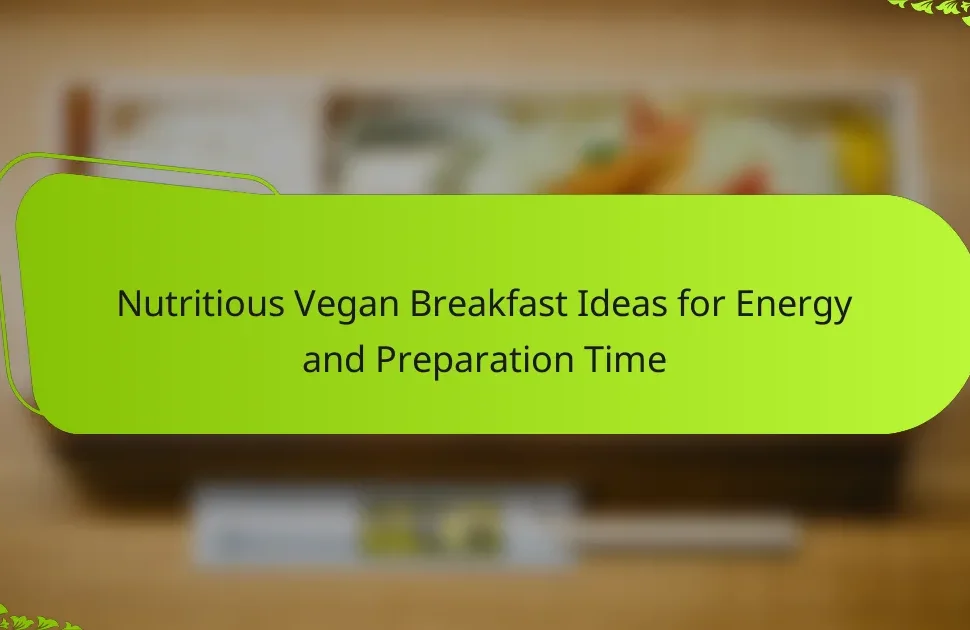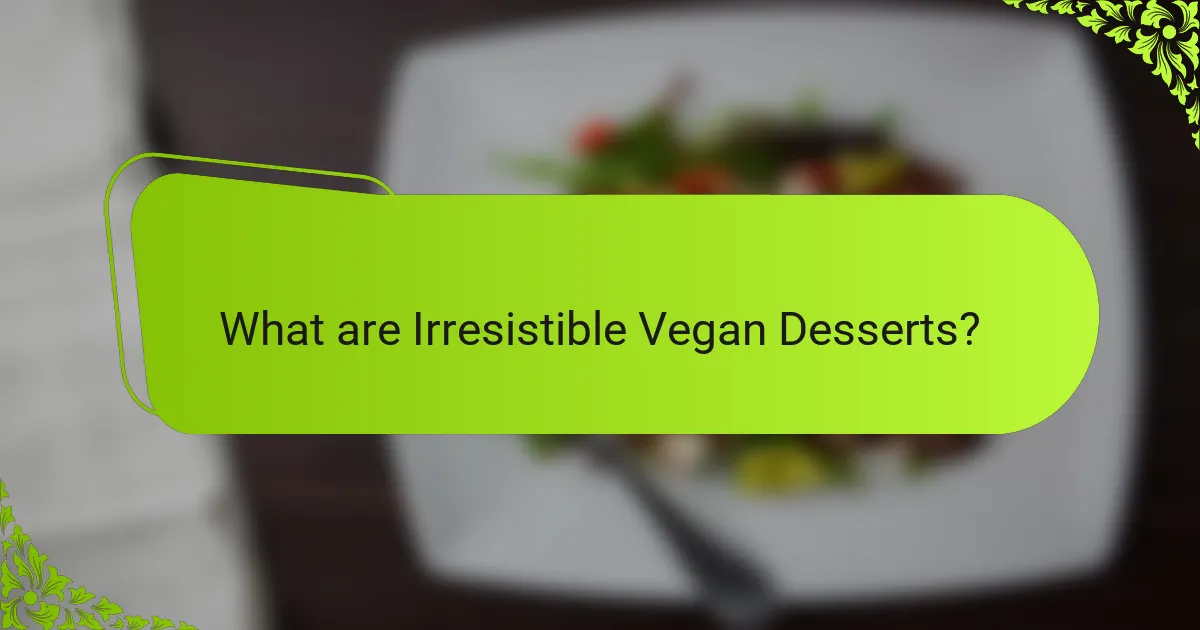
What are Irresistible Vegan Desserts?
Irresistible vegan desserts are plant-based sweet treats that do not contain any animal products. These desserts can include cakes, cookies, brownies, and ice creams made from ingredients like fruits, nuts, and plant-based milks. Popular examples are avocado chocolate mousse and almond flour cookies. They cater to those seeking healthier alternatives without sacrificing flavor. Many recipes utilize natural sweeteners such as maple syrup or agave nectar. Vegan desserts can also be gluten-free or low in refined sugars. Their appeal lies in their ability to satisfy sweet cravings while being nutritious. The increasing popularity of veganism has led to a rise in innovative vegan dessert recipes.
How do Vegan Desserts differ from Traditional Desserts?
Vegan desserts differ from traditional desserts primarily by excluding all animal products. Traditional desserts often contain ingredients like eggs, dairy, and gelatin. Vegan desserts use plant-based alternatives such as almond milk, coconut cream, or aquafaba. These alternatives provide similar textures and flavors without animal-derived components. For example, bananas or applesauce can replace eggs in baking. Additionally, vegan desserts may rely on natural sweeteners like maple syrup or agave nectar instead of refined sugars. This shift caters to dietary preferences and ethical considerations. Studies show that plant-based diets can lower cholesterol and improve heart health, making vegan desserts a healthier option.
What ingredients are commonly used in Vegan Desserts?
Common ingredients used in vegan desserts include plant-based alternatives like almond milk and coconut cream. These ingredients provide creaminess and moisture without dairy. Sweeteners such as maple syrup and agave nectar are often utilized. They offer a natural sweetness that complements various flavors. Flour alternatives like almond flour and oat flour are also popular. These options cater to gluten-free diets while adding unique textures. Additionally, ingredients like chia seeds and flaxseeds serve as egg substitutes. They help bind ingredients together effectively. Lastly, fruits such as bananas and dates are frequently used for natural sweetness and flavor. These components are essential for creating delicious vegan desserts.
What are the nutritional benefits of choosing Vegan Desserts?
Vegan desserts offer various nutritional benefits. They are typically lower in saturated fats compared to traditional desserts. This reduction can lead to improved heart health. Vegan desserts often contain more fiber due to the inclusion of whole plant foods. Increased fiber intake supports digestive health and can aid in weight management.
Additionally, they are free from cholesterol, which is beneficial for cardiovascular health. Many vegan desserts utilize natural sweeteners like dates or maple syrup. These alternatives provide vitamins and minerals absent in refined sugars. Vegan desserts are often rich in antioxidants from fruits and nuts, which can help combat oxidative stress.
In summary, choosing vegan desserts can enhance overall nutrition while satisfying sweet cravings.
Why are Vegan Desserts considered Healthy Alternatives?
Vegan desserts are considered healthy alternatives because they often contain whole, plant-based ingredients. These desserts typically exclude refined sugars and unhealthy fats. Instead, they use natural sweeteners like dates or maple syrup. They also incorporate fruits, nuts, and whole grains, which provide essential nutrients. Many vegan desserts are lower in calories and saturated fats compared to traditional desserts. Research indicates that plant-based diets can reduce the risk of chronic diseases. For example, a study published in the Journal of Nutrition found that plant-based diets improve heart health. Thus, vegan desserts align with health-conscious eating habits.
How do Vegan Desserts contribute to a balanced diet?
Vegan desserts contribute to a balanced diet by providing essential nutrients without animal products. They often contain fruits, nuts, and whole grains, which are rich in vitamins, minerals, and fiber. For instance, fruits provide antioxidants, while nuts offer healthy fats and protein. Many vegan desserts use natural sweeteners like maple syrup or agave, reducing refined sugar intake. Additionally, they can be lower in saturated fat compared to traditional desserts, promoting heart health. Research shows that plant-based diets can lower the risk of chronic diseases, supporting overall well-being. Thus, incorporating vegan desserts can enhance nutritional diversity within a balanced diet.
What health benefits can be gained from reducing animal products?
Reducing animal products can lead to numerous health benefits. These benefits include lower cholesterol levels, which can reduce the risk of heart disease. A plant-based diet is often rich in fiber, promoting better digestion. Additionally, it can aid in weight management due to lower calorie density. Studies indicate that reducing animal products may lower the risk of type 2 diabetes. A 2016 study published in the Journal of the American Heart Association found that plant-based diets support cardiovascular health. Furthermore, such diets are associated with decreased inflammation. Overall, these health benefits contribute to improved overall well-being.

What types of Irresistible Vegan Desserts are available?
Irresistible vegan desserts include various types such as cakes, cookies, brownies, and ice creams. Vegan cakes can be made using ingredients like almond flour and coconut oil. Cookies often utilize oats and nut butters for texture and flavor. Brownies can be created with black beans or avocados for moisture. Vegan ice creams typically use coconut milk or almond milk as a base. These desserts cater to sweet cravings while offering healthier alternatives. Many recipes are available online, showcasing the versatility of vegan ingredients.
How can I categorize different Vegan Desserts?
Vegan desserts can be categorized based on their main ingredients, textures, and preparation methods. Common categories include fruit-based desserts, nut-based desserts, and chocolate desserts. Fruit-based desserts often use pureed fruits or whole fruits as a base. Nut-based desserts typically incorporate nut flours or nut butters for richness. Chocolate desserts prominently feature cocoa or chocolate alternatives.
Additionally, desserts can be categorized by their texture, such as creamy, chewy, or crunchy. Creamy desserts often include ingredients like coconut cream or cashew cream. Chewy desserts may involve oats or dried fruits. Crunchy desserts usually contain nuts or seeds for added texture.
Preparation methods also provide a way to categorize vegan desserts. Some desserts are baked, while others are no-bake. Baked desserts include items like vegan cakes and cookies. No-bake options often consist of chilled treats like mousse or energy bites.
These categories help in organizing vegan desserts for easier selection based on preferences and dietary needs.
What are some popular types of Vegan Cakes and Pies?
Popular types of vegan cakes include chocolate cake, carrot cake, and lemon drizzle cake. Vegan chocolate cake often uses cocoa powder and plant-based milk. Carrot cake is made with grated carrots and spices, providing natural sweetness. Lemon drizzle cake features lemon juice and zest for a refreshing flavor.
Common vegan pies include apple pie, pumpkin pie, and berry pie. Apple pie is filled with spiced apples and a flaky crust. Pumpkin pie is made with pureed pumpkin and warm spices, perfect for fall. Berry pie combines various berries for a sweet and tart filling. These desserts are widely enjoyed for their flavors and plant-based ingredients.
What unique Vegan Ice Cream options exist?
Unique vegan ice cream options include flavors like avocado, coconut, and matcha. Avocado ice cream offers a creamy texture and healthy fats. Coconut ice cream is made from coconut milk, providing a tropical flavor. Matcha ice cream features green tea powder, known for its antioxidants. Other unique options include flavors like black sesame, which is popular in Asian cuisine. Additionally, there are varieties made with nut milks, such as almond and cashew. These options cater to diverse taste preferences and dietary needs. Each flavor showcases the versatility of plant-based ingredients.
What are the best ingredients for making Vegan Desserts?
The best ingredients for making vegan desserts include plant-based alternatives that mimic traditional baking components. Common ingredients are almond flour, coconut oil, and maple syrup. Almond flour provides a gluten-free base with healthy fats. Coconut oil acts as a substitute for butter, adding moisture and richness. Maple syrup serves as a natural sweetener, offering a unique flavor profile. Other popular ingredients include aquafaba, which can replace eggs in recipes, and chia seeds, which act as a binding agent. These ingredients enable the creation of delicious vegan desserts that satisfy cravings while adhering to plant-based diets.
How do natural sweeteners enhance Vegan Desserts?
Natural sweeteners enhance vegan desserts by providing sweetness without refined sugars. They often contain beneficial nutrients and antioxidants. For example, maple syrup is rich in minerals like manganese and zinc. Agave nectar has a low glycemic index, making it a healthier choice for blood sugar levels. Coconut sugar contains inulin, which can support digestive health. These sweeteners also contribute unique flavors, enhancing the overall taste profile of desserts. Their natural origins appeal to health-conscious consumers seeking plant-based options. Thus, using natural sweeteners elevates the quality and health benefits of vegan desserts.
What role do plant-based fats play in Vegan baking?
Plant-based fats are essential in vegan baking as they provide moisture and richness. These fats, such as coconut oil, avocado, and nut butters, contribute to the texture and mouthfeel of baked goods. They help create a tender crumb and prevent dryness. Additionally, plant-based fats can enhance flavor profiles, making desserts more appealing. For instance, coconut oil adds a subtle sweetness and aroma. Research indicates that replacing animal fats with plant-based alternatives can improve the nutritional profile of baked goods, offering healthier fat options.

How can I make Irresistible Vegan Desserts at home?
To make irresistible vegan desserts at home, start by using plant-based ingredients. Opt for alternatives like almond milk, coconut oil, and maple syrup. Incorporate fruits such as bananas or avocados for natural sweetness and creaminess. Use flaxseed or chia seeds mixed with water as an egg substitute. Choose whole grain flours or gluten-free options for the base. Experiment with flavors by adding vanilla extract, cocoa powder, or spices like cinnamon. Bake or chill desserts according to the recipe instructions for the best texture. Many vegan desserts can also be made raw, using blended nuts and dates for a quick treat. These methods ensure delicious, healthy desserts that satisfy sweet cravings.
What are some easy recipes for beginner bakers?
Some easy recipes for beginner bakers include vegan banana bread, chocolate chip cookies, and oatmeal cookies. Vegan banana bread requires ripe bananas, flour, sugar, and baking soda. It is mixed and baked at 350°F for about 50 minutes. Chocolate chip cookies can be made with flour, sugar, vegan butter, and chocolate chips. They are baked at 350°F for 10-12 minutes. Oatmeal cookies use oats, flour, brown sugar, and plant-based milk. They are also baked at 350°F for 12-15 minutes. These recipes are straightforward and require minimal ingredients, making them perfect for beginners.
How can I substitute traditional ingredients with vegan alternatives?
To substitute traditional ingredients with vegan alternatives, use plant-based options for common ingredients. For eggs, use flaxseed meal mixed with water or applesauce. For dairy milk, almond, soy, or oat milk are effective substitutes. Replace butter with coconut oil or vegan margarine. For cream, use coconut cream or cashew cream. Sugar can be substituted with maple syrup or agave nectar. Lastly, for honey, use agave syrup or date syrup. These substitutions maintain flavor and texture in vegan desserts.
What tips can help achieve the best texture in Vegan Desserts?
To achieve the best texture in vegan desserts, use the right combination of ingredients. Incorporating ingredients like aquafaba can create a light and airy texture. Nut butters add creaminess and moisture.
Using plant-based milks can enhance the overall consistency. For baked goods, consider adding applesauce or mashed bananas for moisture.
Choosing the correct flour type, such as almond or coconut flour, can also improve texture. Adjusting baking times and temperatures ensures optimal results.
Finally, chilling desserts before serving can help set textures properly. These methods are widely recognized for improving the texture of vegan desserts.
What are some common mistakes to avoid when making Vegan Desserts?
Common mistakes to avoid when making vegan desserts include using the wrong type of sweetener. Many recipes call for granulated sugar, which may not dissolve well in vegan mixtures. Another mistake is not properly measuring ingredients, leading to imbalanced flavors and textures. Failing to account for the moisture content in vegan ingredients can also result in overly dry or wet desserts.
Using insufficient binding agents is a frequent error, as vegan desserts often rely on flaxseed or chia seeds for structure. Overmixing the batter can lead to a dense texture, which is undesirable in desserts. Additionally, neglecting to taste the batter before baking may result in unbalanced flavors. Lastly, underestimating the cooling time can affect the final texture, making desserts less enjoyable.
How can I troubleshoot issues with Vegan baking?
To troubleshoot issues with vegan baking, first identify the specific problem. Common issues include dryness, lack of rise, or poor texture. For dryness, ensure adequate moisture from ingredients like applesauce or plant-based yogurt. If the baked goods do not rise, check the freshness of baking powder or baking soda. For texture problems, experiment with different flour types or adjust the fat content. Additionally, overmixing can lead to dense results; mix just until combined. Each of these adjustments can significantly improve the outcome of vegan baked goods.
What are some creative ideas for Vegan Dessert presentations?
Vegan dessert presentations can be enhanced through various creative ideas. Using colorful fruits as garnishes adds visual appeal. Serving desserts in jars creates a rustic and charming look. Layering ingredients in clear cups showcases textures and colors. Utilizing edible flowers can elevate the aesthetic of the dish. Incorporating unique serving dishes, like wooden boards, adds a natural element. Drizzling sauces artistically on the plate enhances the overall presentation. Using themed decorations can create a memorable experience. Arranging desserts in a tiered display maximizes space and adds height.
Irresistible vegan desserts are plant-based sweet treats that exclude all animal products, offering healthier alternatives without compromising flavor. The article explores various types of vegan desserts, including cakes, cookies, brownies, and ice creams, highlighting common ingredients like plant-based milks, natural sweeteners, and flour alternatives. It discusses the nutritional benefits of vegan desserts, such as lower saturated fat and cholesterol levels, while also addressing how they contribute to a balanced diet. Additionally, the article provides insights on making these desserts at home, common mistakes to avoid, and creative presentation ideas to enhance the overall experience.
